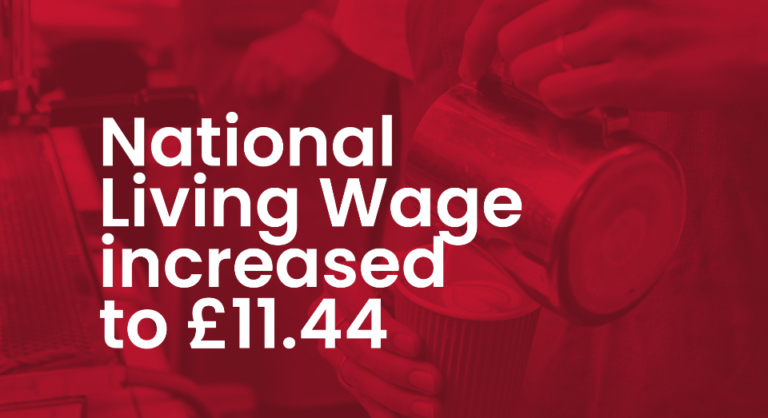As we move further into 2024, understanding changes to the National Minimum Wage (NMW) is crucial for both employers and employees. This year brings significant updates that could impact your paycheck, your business operations, and the broader economy. In this blog post, we’ll explore the key updates to the National Minimum Wage in 2024 and what they mean for you.
What is the National Minimum Wage?
The National Minimum Wage is the minimum amount that employers are legally required to pay their employees. It ensures that workers receive fair compensation for their labor and helps to prevent exploitation in the workplace. The rate varies depending on factors like age and employment status.
read more https://bignewstoday.co.uk/
Key Changes to the National Minimum Wage in 2024
1. Increased Rates
One of the most significant changes for 2024 is the increase in National Minimum Wage rates. The government has announced that the minimum wage will see a rise, reflecting efforts to keep up with inflation and rising living costs. Here’s a snapshot of the new rates:
- Adult Rate: The rate for workers aged 23 and over has been increased to [insert new rate]. This change is aimed at improving the standard of living for adult workers.
- Youth Rates: For workers aged 21-22, the new rate will be [insert new rate]. The rate for 18-20-year-olds has been adjusted to [insert new rate].
- Apprentice Rate: Apprentices under 19, or those in their first year of apprenticeship, will see their rate rise to [insert new rate].
These updates aim to provide better financial support to employees across various age groups and employment stages.
2. Adjustments for Regional Differences
In 2024, there will also be considerations for regional cost-of-living differences. While the National Minimum Wage applies uniformly across the country, some regions may see additional support to address higher living costs. This regional adjustment ensures that minimum wage workers can maintain a reasonable standard of living regardless of their location.
How These Changes Affect Employers
1. Payroll Adjustments
With the increase in minimum wage rates, employers will need to review and adjust their payroll systems. This adjustment ensures compliance with the new rates and helps avoid potential legal issues related to underpayment.
2. Budget Considerations
For many businesses, particularly small enterprises, the wage increase may impact budgets and financial planning. Employers should consider how these changes will affect their overall compensation structures and plan accordingly to manage any financial adjustments.
3. Employee Relations
Adjusting to the new minimum wage rates can also affect employee relations. Transparent communication about wage changes and how they fit into the broader context of company compensation policies can help maintain positive workplace morale and trust.
How These Changes Affect Employees
1. Increased Earnings
For employees, the rise in the National Minimum Wage translates to increased earnings. This additional income can help alleviate financial pressures and improve overall quality of life. It’s a positive step towards ensuring fair pay and addressing the cost of living.
2. Enhanced Job Security
An increase in the minimum wage can also contribute to job security. When wages are fair and competitive, employees are more likely to feel valued and stay with their employers, reducing turnover and fostering a stable workforce.
3. Planning for the Future
With the new rates in effect, employees should review their budgets and financial plans. Understanding how the wage increase fits into personal financial goals can help in better managing expenses and saving for future needs.
Looking Ahead: The Impact of Wage Changes
The changes to the National Minimum Wage in 2024 are a reflection of ongoing efforts to support workers and ensure fair compensation. While the immediate effects are seen in paychecks and business budgets, the broader impact includes contributing to economic stability and improving living standards.
Conclusion
Staying informed about the National Minimum Wage updates for 2024 is essential for both employers and employees. The increased rates and regional adjustments highlight a commitment to fair pay and economic support. Whether you’re an employer preparing for payroll changes or an employee looking forward to increased earnings, understanding these updates helps you navigate the year ahead with confidence.
If you found this post useful, share it with others who may benefit from this information. And as always, for personalized advice on how these changes may affect you or your business, consider consulting with a financial advisor or HR professional.
